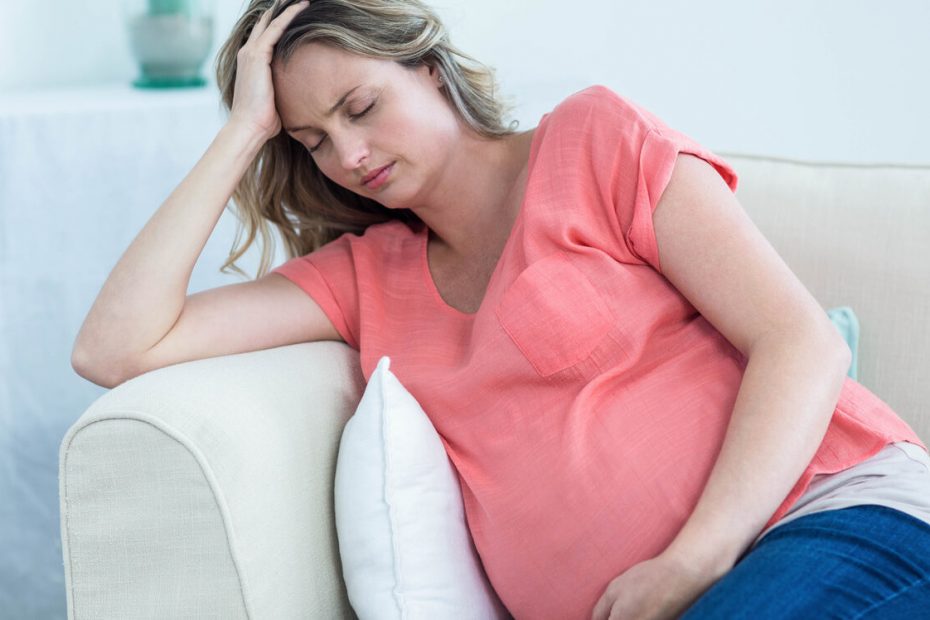Constipation during pregnancy and its causes
Constipation is a common problem during pregnancy: Up to half of pregnant women get constipated at some point. Several factors can lead to constipation during pregnancy which include:
One reason for constipation during pregnancy is an increase in the hormone progesterone, which relaxes smooth muscles throughout the body, including the digestive tract. This serves to slow the movement of food through the digestive system and enable more time for nutrients to be absorbed into the bloodstream and delivered to the baby. However, it also allows more time for fluid to be removed, which can result in constipation.
Iron supplements can also contribute to constipation.
In late pregnancy, the pressure of your growing baby on the rectum (this is the final stretch of your intestine where poo is stored until you’re ready to go), can also slow your bowels down.
Other factors that may contribute include anxiety, reduced exercise and insufficient fiber or fluid intake.
Is constipation during pregnancy ever serious?
Not usually, but occasionally constipation during pregnancy can be a symptom of another problem. If you have severe constipation that’s accompanied by abdominal pain, alternates with diarrhea, or you pass mucus or blood, call your doctor or midwife immediately.
In addition to abdominal pain or discomfort, difficult and infrequent bowel movements, constipation can sometimes lead to other problems, such as:
•Piles (haemorrhoids), which are enlarged or swollen veins in or around the rectum and back passage. They can be painful, itchy and uncomfortable. They can also bleed.
•An anal fissure, which is a tear in the skin around the anus. A fissure can happen when passing a particularly hard or big poo. It can feel very painful when you have a poo and you may notice bleeding from the tear.
What can I do to relieve constipation during pregnancy?
Here are some tips for preventing and easing constipation when you’re pregnant:
•Eat high-fiber foods, including whole grain cereals and breads, brown rice, beans, and fresh fruits and vegetables every day.
•Drink plenty of water. Try to have 10 8-ounce cups of water or other beverages daily. It is important that pregnant women drink plenty of fluids, especially if they are upping their intake of fiber.
•Exercise regularly. Walking, swimming, riding a stationary bike, and yoga can all ease constipation and leave you feeling more fit and healthy. Exercising during pregnancy does not pose a danger to the baby and some evidence suggests that women who stay physically active during pregnancy encounter fewer problems in the later stages of pregnancy and during labour.
• Try another prenatal vitamin. It is important to maintain a healthy iron level during pregnancy, but too much iron can contribute to constipation. A healthy diet is often enough to provide adequate iron during pregnancy, but women can have their iron level checked by their healthcare providers and discuss any recommendations for managing iron intake, if necessary. Women may be advised to change their iron supplements or reduce the amount they take.
References:
https://www.babycenter.com/0_constipation-during-pregnancy_836.bc
https://www.babycentre.co.uk/a836/constipation-in-pregnancy
http://www.news-medical.net/health/Constipation-in-Pregnancy.aspx


